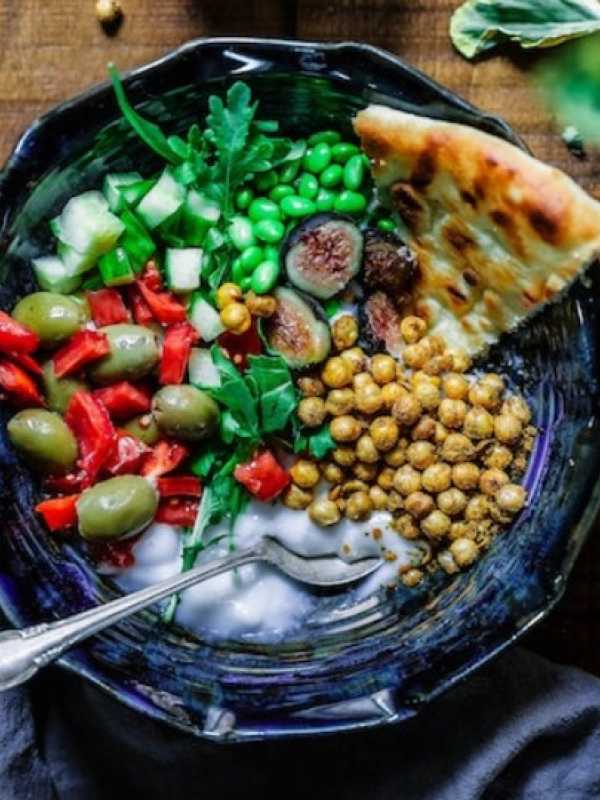
If I told you that approximately 50% of the calories consumed by Quebecers are coming from ultra-processed food, would you be surpise by this? Think of all the snacks that you curently eat during the day - when you are in a hurry or in front of a computer: breakfast cereals, delicatessens, chips, crackers, granola bars, candies, flavored yoghurts, white bread, you name it.
Ultra-processed foods are industrially modified foods comprised of additives, which were added in order to reduce their cost, increase their shelf life, facilitate their transport, boost their taste and, especially, turn them into very attractive products. They are generally recognized by their long list of unpronounceable ingredients.
Food processing is the basis of cooking and has been existed in our culture for a very long time. The prehistoric man was already eating bread 30 000 years ago! Processing allows us to diversify our food and to share meals in good company.
Unfortunately, food corporations of today are replacing home cooking with ready-to-eat products that we will gobble up alone, and on the go. These contain more sugar, salt, fat and thus, more calories, at the cause of essential elements that our body requires, such as vitamins and minerals.
Impacts of Ultra-Processed Foods
On consumers
- It can contribute to an increase in the risks of weight gain, obesity and chronic diseases (diabetes, high blood pressure, cholesterol …).
- It affects the body's mechanisms which settle the appetite, and therefore makes us eat more!
- It encourages us to eat alone instead of having a meal with friends or family.
- As we cook less because of this type of food, the family culinary traditions are less likely to be passed onto the future generations, thus threatening food culture.
On the environment
All the stages from production to distribution of ultra-processed food have important ecological impacts:
- Intensive farming is responsible for 70 to 90% of the world’s deforestation.
- Garbage caused by over-packaging and waste makes up more than 90% of what we find in trash cans.
- Transportation of foodstuffs represents a quarter of all greenhouse gas emissions related to transportation.
- Supermarkets’ and fast food chains’ refrigerators and freezers are use 15% of the world’s electricity consumption, andalso requires chemical refrigerants.
4 Tips to Reduce your Ultra-Processed Food Consumption
1. Favor home cooking to industrial cooking
We shall never say it enough, home cooking encourages the adoption of healthy eating habits. To avert having to cook every day, we double our recipes, and freeze half. We can also apply this method to desserts. For example, making applesauce or muffins, will help one to avoid taking the ones already prepared and found in the the grocer’s shop (plus it tastes much better).
2. Buy local
Whether it’s at some local market stalls, or at the farmer’s corner, we will find a large variety of fresh products to be cooked, or to eat as it is. A fruit basket left on the counter at the disposal of everyone offers a fast solution to small hunger pangs. To benefit from Quebec’s vegetables all year round, we can also blanch and freeze them, or can them.
3. Plan next week’s menu
By writing our grocery list before doing our errands, we abstain from going into the store’s rows where ultra-processed food is and from being tempted by their attractively designed package. In addition, we save money by not buying what we don’t need. We do our errands with a clear mind, without questioning ourselves with regards to what we will eat during the week.
4. Get some reusable containers
We can fill our reusable containers with a variety of good, which we can also find in bulk. We can avoid buying food in boxes with a long list of ingredients that we don’t understand, and whose packaging is going to end up in the trash can. These containers can also be used to keep supper leftovers that we can bring for our lunch the next day.
Sources: La via Campesina | GRAIN. (2014, 5 décembre). Souveraineté alimentaire: 5 étapes pour refroidir la planète et nourrir sa population. Repéré à https://www.grain.org/article/entries/5101-souverainete-alimentaire-5-e… Moubarac, J-C. et Batal, M. (2016). La consommation d’aliments transformés et la qualité de l’alimentation au Québec. Repéré à https://nutrition.umontreal.ca/wp-content/uploads/sites/45/2017/02/Rapp…






